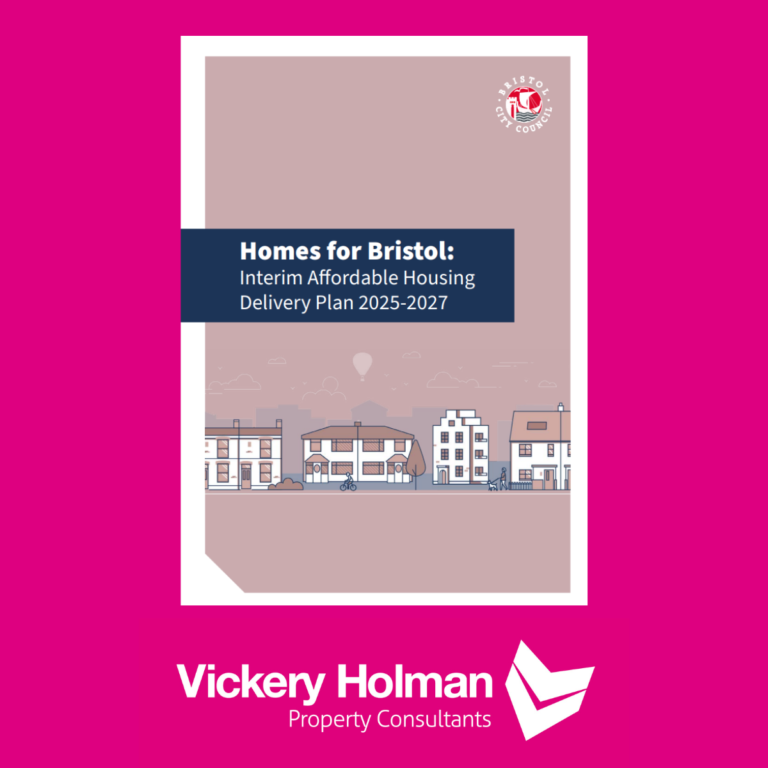“Material Uncertainty” is a clause which has become more widely used in valuation reports since the outbreak of Covid-19 in March 2020. The circumstances relating to the global pandemic raised questions as to whether surveyors should declare the valuation was subject to material uncertainty and highlight a greater degree of caution when relying on valuation reports; this was the advice given by the RICS due to the unprecedented circumstances and absence of relevant and sufficient market evidence at the time. This advice was lifted as market activity resumed and provided comparable evidence on which to base judgements. What is the purpose of the clause and when might it be required going forward?
The purpose of the clause is to ensure any client relying upon a valuation report understands it has been prepared under extraordinary circumstances and where a valuer feels the unknowns are so significant the valuation produced would be less reliable than in normal circumstances. It does not mean the valuation cannot be relied upon; rather less certainty can be attached to the valuation than would normally be the case.
The RICS provide examples of circumstances in which material uncertainty may arise, which include very particular characteristics that make it difficult to form an opinion of value, where information is limited or restricted and disruptions to markets due to unforeseen financial, macro-economic, legal, political or even natural events.
When providing valuation advice, surveyors should add commentary on market conditions. The UK economy reportedly shrank by 0.3% in August. This, combined with the rising cost of living and inflation reportedly having risen to 9.9% in August, are strengthening predictions the UK will fall into a recession. The Government also introduced a reduction in Stamp Duty Land Tax in September, which has the potential to artificially support house prices. These factors can all result in market uncertainty. While transactions continue to take place and provide relevant or sufficient market evidence, there should be little need for surveyors to report material uncertainty. However, it is factors such as these, which if not identified, could see a surveyor face a claim if values fall because of economic unpredictability. The material uncertainty clause is not a ‘get out of jail free card’ and should not be used to reduce valuation risk. While it is accepted there is some tolerance in valuation, valuers are expected to be diligent and provide full and careful analysis when producing valuation reports.
Vickery Holman have a dedicated team of Chartered Valuation Surveyors who have the knowledge and expertise to advise on the value of a range of commercial, residential, development and trade related property types. If you require advice on the value of a property for any purpose, please contact a member of the valuation team.
By Rebecca Cook, Associate





